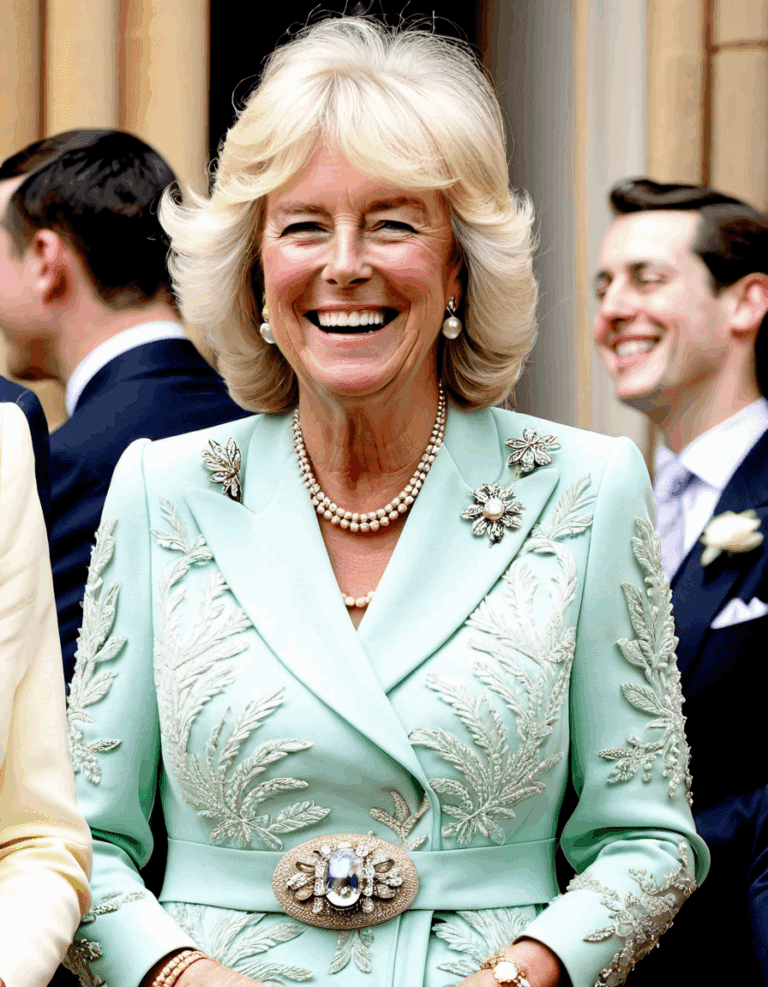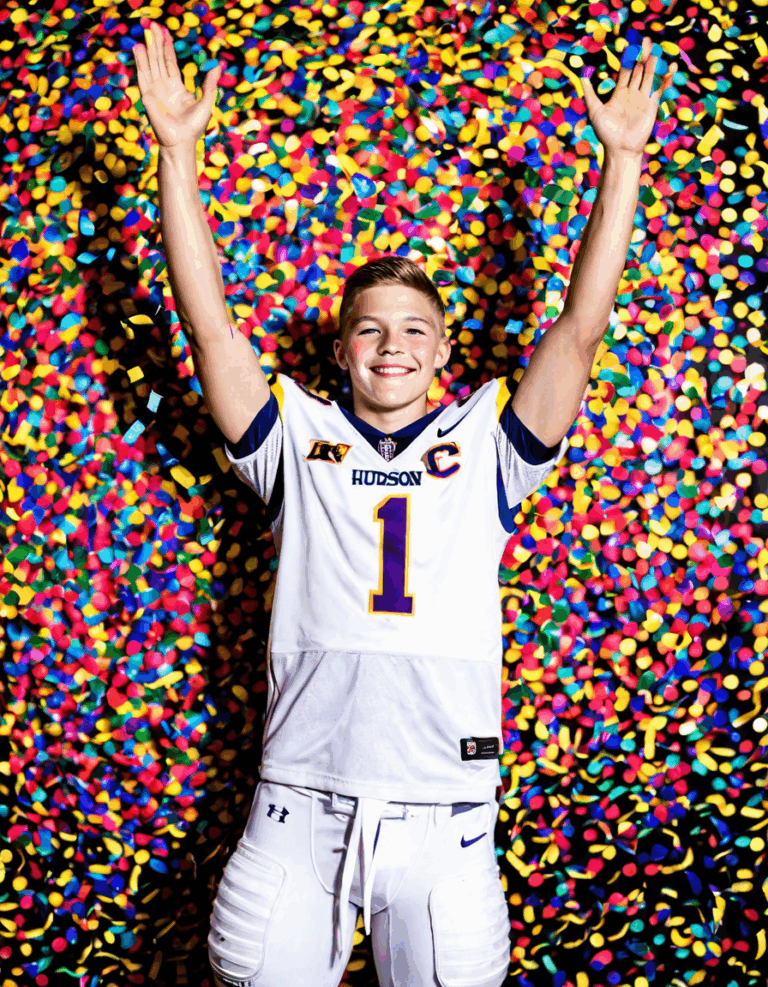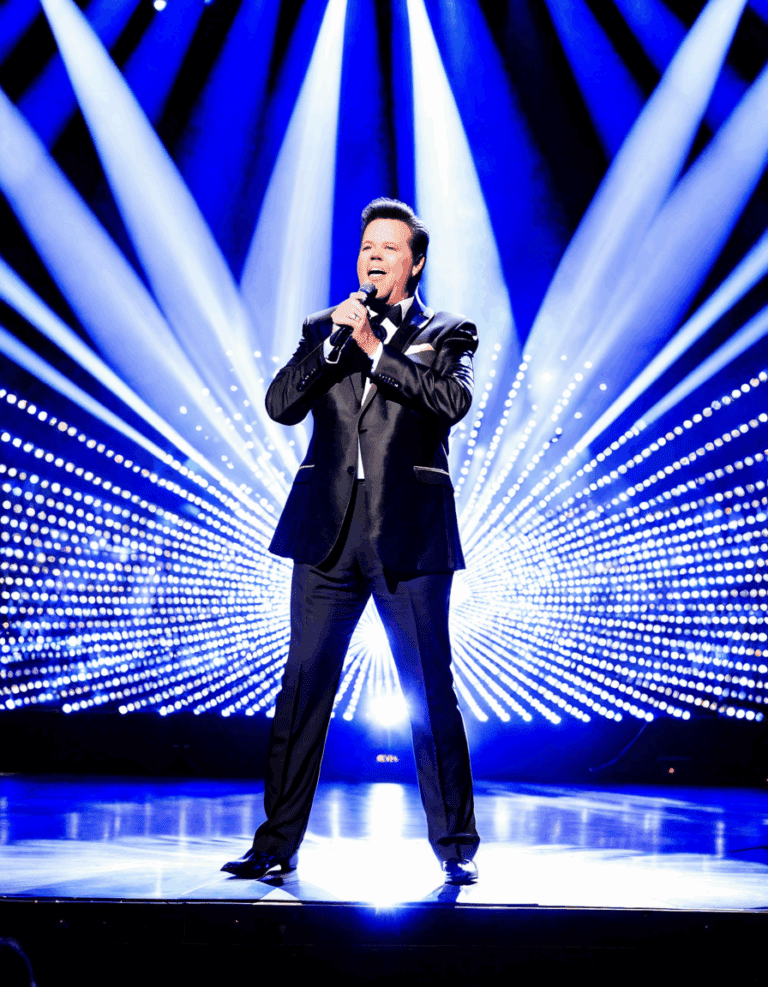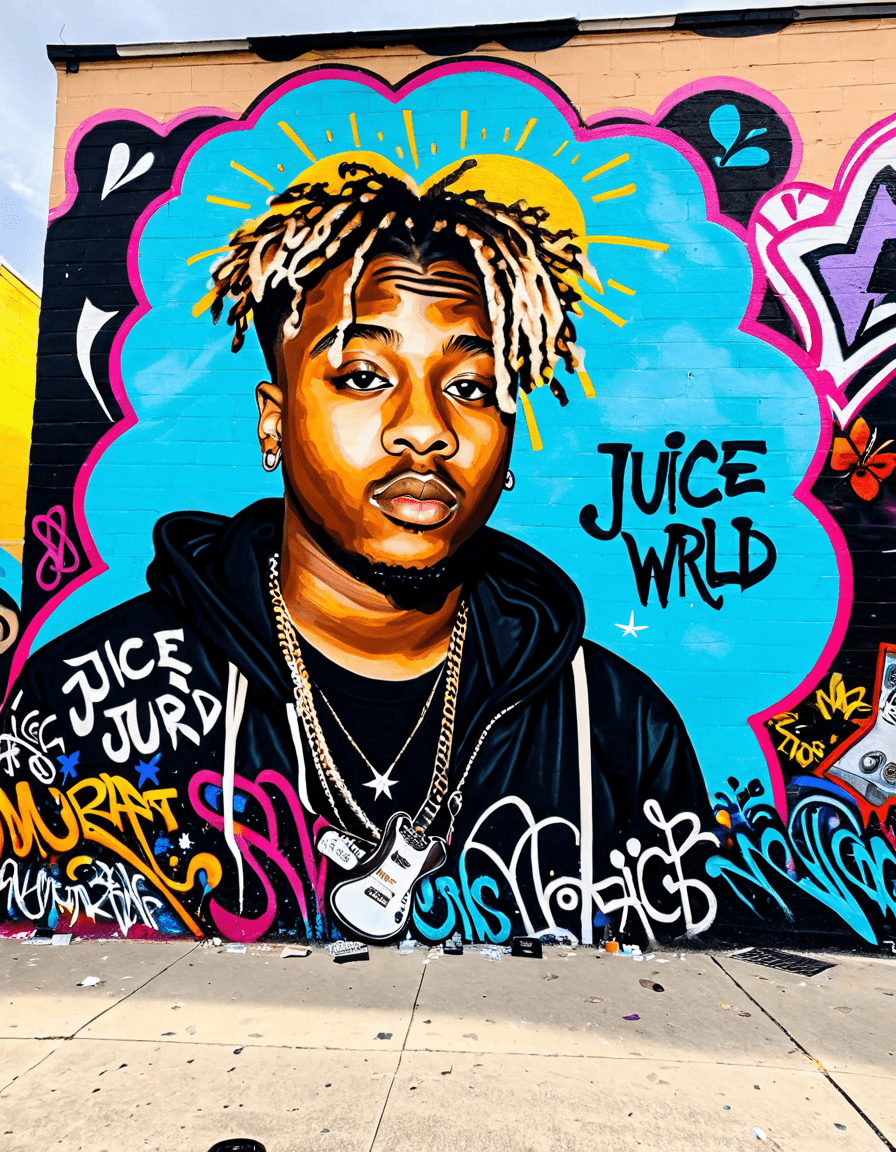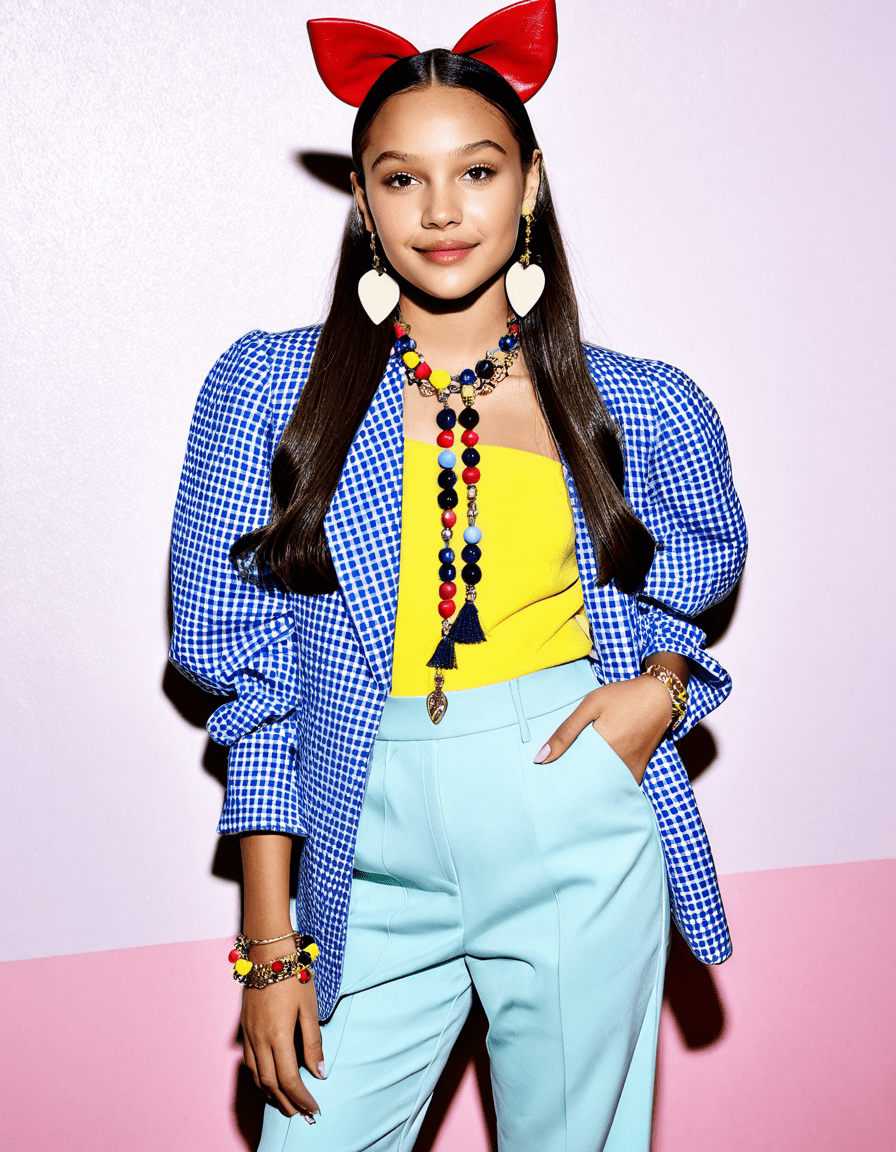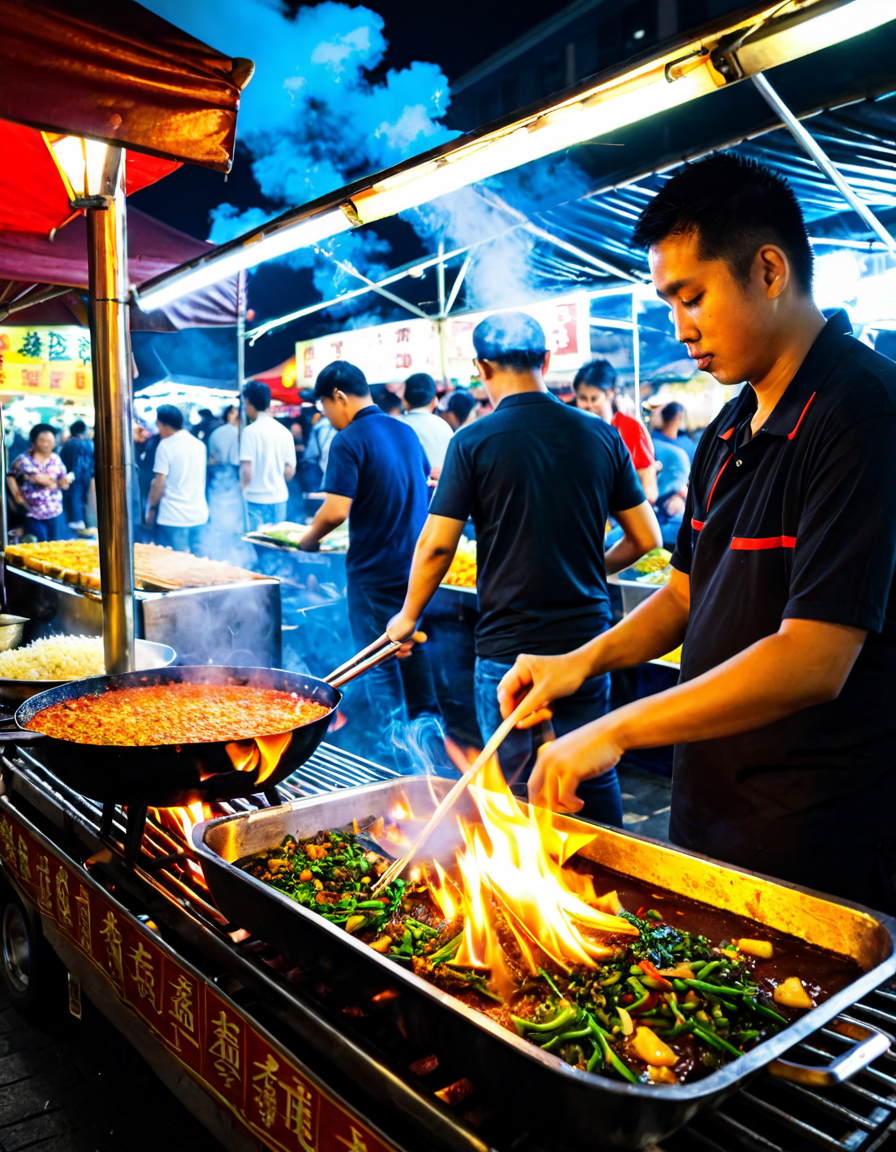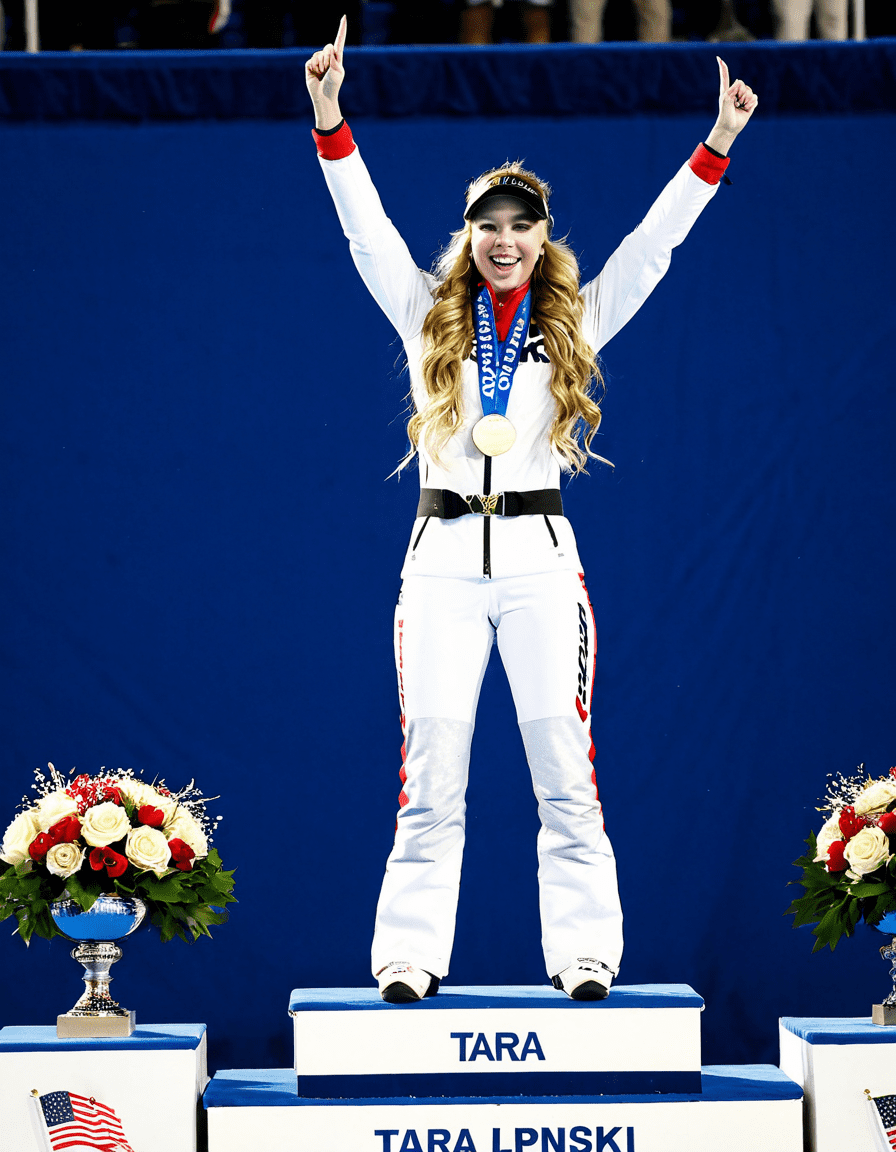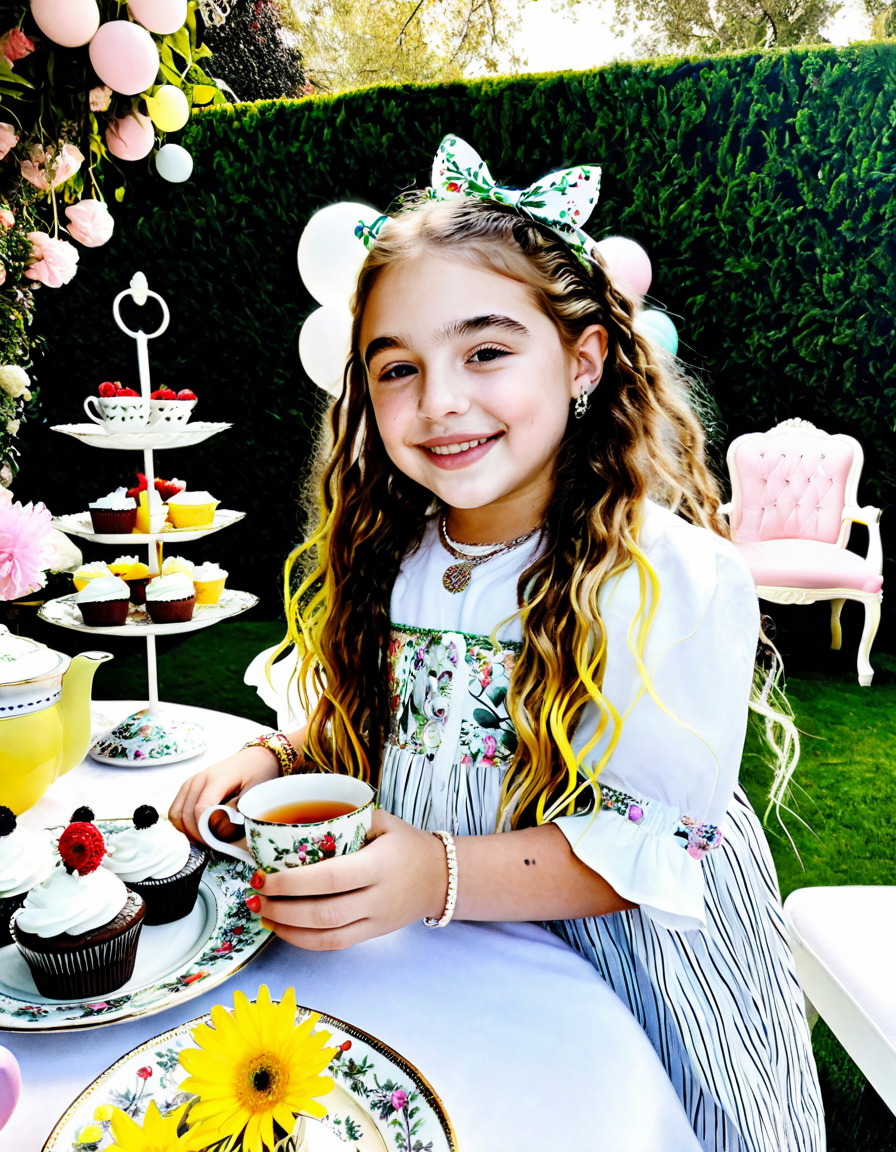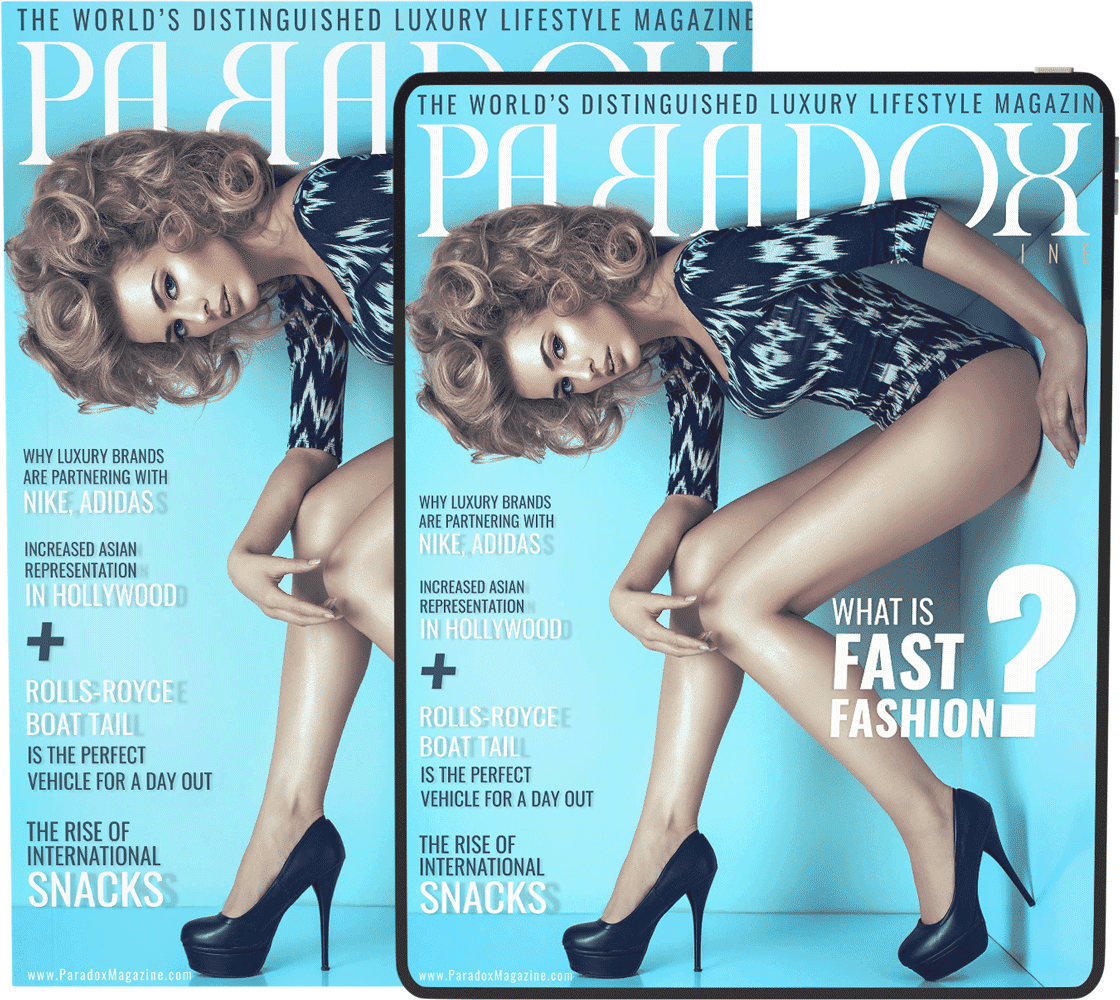In December 2019, the music industry was rocked by the unexpected news that juice wrld died. At just 21 years old, he left behind a legacy that resonates louder than ever. His unique voice—aptly described as a blend of raw emotion and intellectual freedom—touched millions and has since sparked tough conversations about mental health, substance abuse, and the immense pressures young artists face. Let’s dive into how Juice WRLD’s artistry continues to echo in today’s music scene.
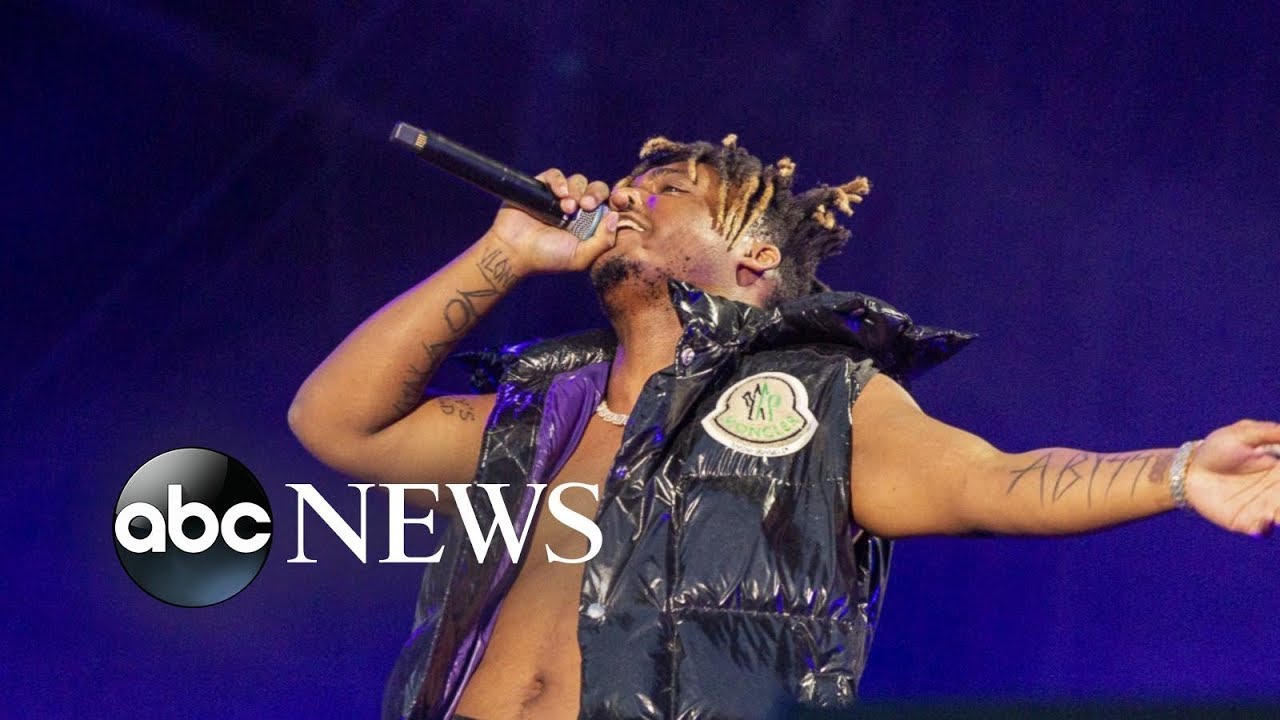
5 Reasons Why Juice WRLD’s Music Continues to Resonate Today
1. Raw Emotional Honesty
Juice WRLD’s music is the quintessential anthem of vulnerability. He laid bare his experiences with heartbreak, anxiety, and the dark underbelly of fame. Take, for instance, the chart-topping hit “Lucid Dreams.” This song didn’t just penetrate the mainstream; it opened a floodgate of emotions for fans dealing with their own heartbreaks. His bravery in discussing feelings that many still shy away from ensures his music remains timeless.
Fans relate to his authenticity, finding solace in his lyrical honesty. In a world filled with the polished and pretentious, Juice WRLD’s unfiltered expressions stand out as a beacon of hope. The intimacy in his tracks reminds us all that it’s perfectly okay to feel—mood swings, heartbreaks, and all.
2. Innovative Use of Freestyle Rap
The artistry of Juice WRLD doesn’t stop at emotional depth; it extends into the realm of freestyle rap, where innovation reigns supreme. Unlike numerous artists who meticulously write their lyrics, he often recorded his tracks in one take, showcasing a natural talent that felt both refreshing and exhilarating. Those freestyle sessions often eclipsed the duration of typical mainstream tracks, positioning him alongside lyrical heavyweights like J. Cole and Lil Wayne.
Such spontaneous recordings demonstrate his command over language and rhythm, capturing the swift heartbeat of his emotions. Fans marveled at his fluidity, and today, newcomers are inspired to flex their freestyle muscles, channeling that same creative energy Juice WRLD embodied.
3. Cross-Genre Appeal
He wasn’t just another rapper; he was a genre-bending maestro. Juice WRLD’s ability to effortlessly merge hip-hop, rock, and pop uplifted his music to unprecedented heights. Collaborating with stars like Halsey and Marshmello expanded his reach, bridging the divide between fans from different musical backgrounds. This crossover talent serves as a powerful reminder that genres are not barriers but gateways to unique experiences.
In many ways, artists such as Megan Thee Stallion, who similarly flirts with genre boundaries, embody this transformation of the music landscape. Juice WRLD paved pathways, encouraging collaborations that continue to shatter the statue quo.
4. Cultural Impact
Juice WRLD’s ascent coincided with an urgent need for dialogues surrounding mental health—especially in the music industry. His candidness about personal battles resonated deeply, paving the way for fans and fellow artists like Kidada Jones to open up about their own struggles and experiences fundamentally reshaping the industry’s narrative.
Through his music, he advocated for mental wellness during a time when many faces remained hidden behind their bold personas. This newfound openness is a cultural shift towards prioritizing mental health, echoing the sentiments shared by those impacted by his disappearance.
5. Posthumous Releases and Collaborations
Even after juice wrld died, his music lives on. Posthumous albums and collaborations are being released that allow fans to engage with his artistry. Collaborations with notable figures like Richard “Beebo” Russell show that his creative essence continues to flourish in unexpected ways.
These new releases not only deliver treasure troves of Juice WRLD’s talent but serve to remind us of his impact as an artist. Each new album released keeps the conversation about his influence ongoing—a necessary legacy that continues to inspire a new generation of musicians.
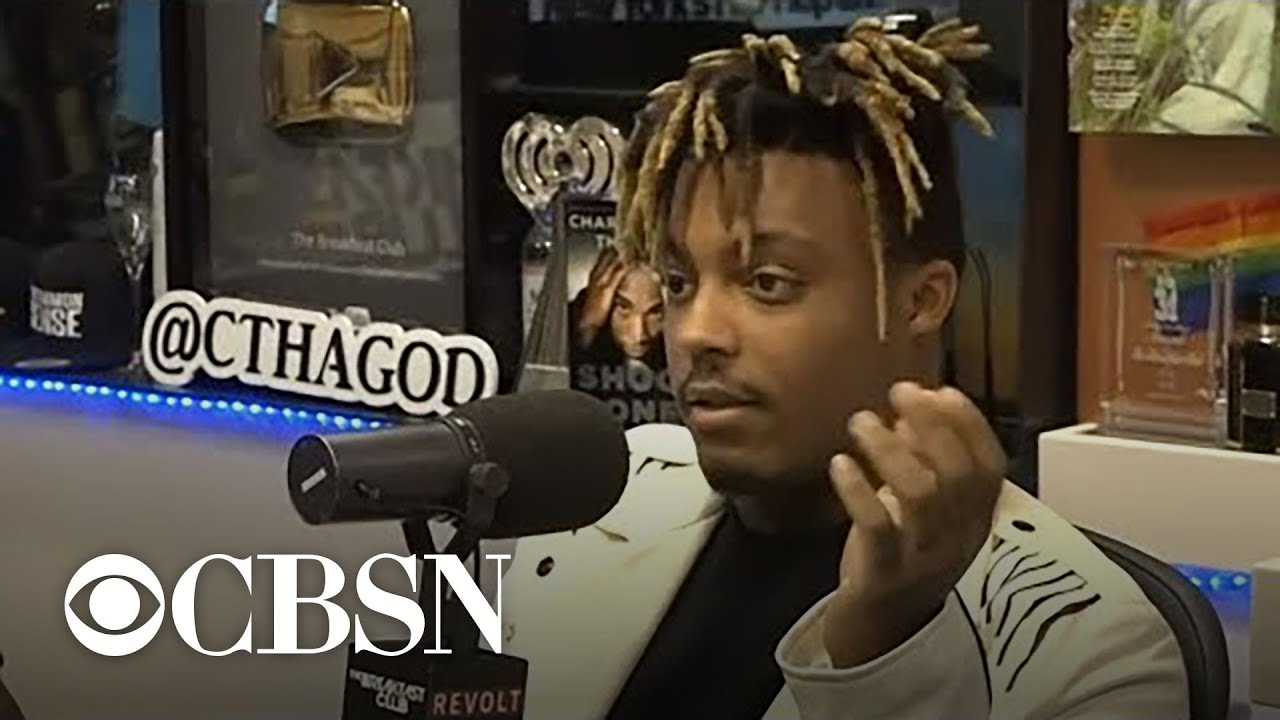
The Ripple Effect: How Juice WRLD’s Death Impacted a Generation
The fallout from Juice WRLD’s loss extends beyond his devoted fanbase. His untimely death sparked intense scrutiny on the lifestyles of young celebrities and the pressures that often accompany fame. Conversations surrounding figures like Tyreek Hill, whose journey as an athlete balances both career and family life, come into sharp focus. Tyreek Hill’s kids and wife might enjoy the privileges that come with fame, but they also navigate the complexities arising from public scrutiny.
Moreover, the intersecting world of young talent showcases figures like Jharrel Jerome. As a trailblazing actor grappling with similar themes of fame and identity, he mirrors the struggles faced by many artists today. The dialogue surrounding mental health is continually evolving, calling for systems that support talent like Juice WRLD rather than exploiting it.
In a culture that often glorifies the highs of fame, it’s crucial to acknowledge the lows, ensuring aspiring stars have a roadmap for balance and well-being.

Legacy Reimagined: New Initiatives and Inspirations Inspired by Juice WRLD
In honor of Juice WRLD’s legacy, numerous initiatives have emerged—each focusing on mental health awareness and support for struggling individuals. Friends and family have banded together, channeling grief into action. These ventures are designed not just to commemorate him but to foster a dialogue that champions mental wellness.
This commitment to mentorship is reflected in voices such as Seargeoh Stallone, whose passion for guiding young talent through the often treacherous waters of fame mirrors the aspirations of Juice WRLD’s loved ones. The industry must stand firm in its resolve to nurture creativity while promoting the mental wellness of its artists.
The Continuing Conversation Around Mental Health in the Music Industry
In our digital age, leaders like Megan Thee Stallion are reshaping narratives surrounding mental health, skillfully intertwining authenticity with artistry. The tragic story of figures like JonBenet Ramsey also underscores the real-world implications of fame—especially for young stars. The glaring realities of celebrity culture call for continued vigilance and support for those navigating similar challenges.
Ultimately, Juice WRLD’s artistry remains in the hearts of his fans, fellow musicians, and advocates for mental health awareness. His musical journey is not just about the sound—it’s the scars and triumphs that echo in every beat. Even in his absence, the conversation he started about vulnerability and the importance of emotional honesty persists.
Time may pass, but Juice WRLD reminds us that music serves as a powerful tool for expression. As we honor his legacy, let’s take up the mantle of empathy, understanding, and resolution, ensuring that those like him can flourish, unafraid to tell their tales. Juice WRLD may have left this world, but his voice—soulful and stirring—will continue to guide us.
Juice WRLD Died: Tragic Loss of a Musical Genius
Juice WRLD, born Jarad Higgins, made waves in the music scene with his emotional lyrics and genre-blending style, captivating fans around the globe. Tragically, when news broke that Juice WRLD died, it shook the very foundation of the hip-hop community. His unique ability to express vulnerability made him an inspiration for many young artists stepping onto the scene. It’s interesting to note that he grew up listening to a mix of rock and rap, which contributed to his signature sound—melding elements of both genres seamlessly. Much like Riley Green’s songs that dive deep into personal storytelling, Juice’s music often reflected his own struggles and aspirations.
The Impact and Legacy
Juice WRLD died unexpectedly at such a young age, yet his influence has continued to thrive. He was known for his freestyling skills, a practice that he started at an early age, often showcasing his talent on social media platforms. His breakout hit, “Lucid Dreams,” wasn’t merely a commercial success; it resonated with millions who felt the sting of heartbreak. In what might echo the enchantment of Debby Ryan’s movies and TV shows, Juice’s artistry captivated audiences and created a loyal fan base. His posthumous album release further solidified his legacy, immersing fans in the raw emotion he so effortlessly conveyed.
Fun Facts Worth Knowing
Here’s a sprinkle of trivia for the curious: did you know that Juice WRLD considered Josh Brener his inspiration in terms of a deeper emotional connection to storytelling? Even after Juice WRLD died, the music industry is seeing a resurgence of artists who intend to share their vulnerable stories through their lyrics. Additionally, fans might find it fascinating how his untimely passing led to a spike in mental health conversations, promoting discussions that echo through many aspects of life, much like the relatable tones found in Trailer Trash tammy.
Lastly, Juice WRLD’s discography might remind us of other budding talents in the industry, similar to how Mellody Hobson has shaped the business world. It’s clear that although Juice WRLD’s journey was tragically cut short, his musical genius will continue to inspire countless artists and fans.






